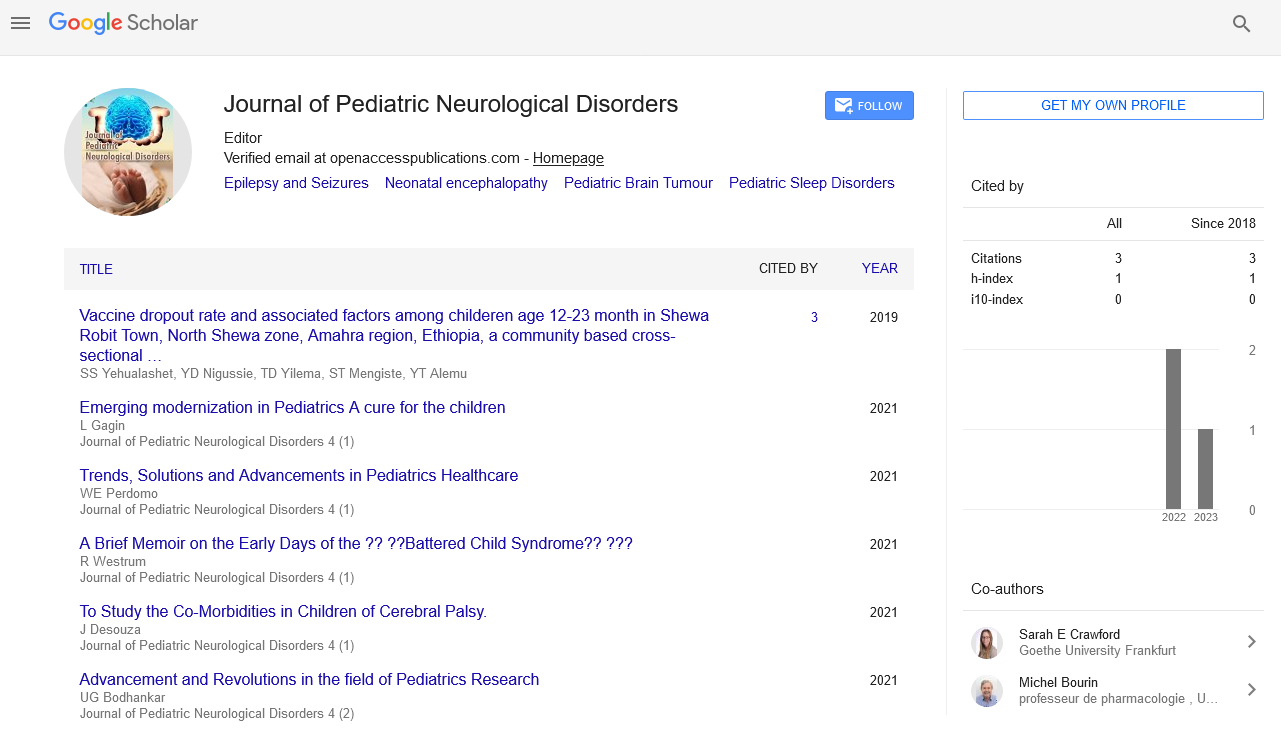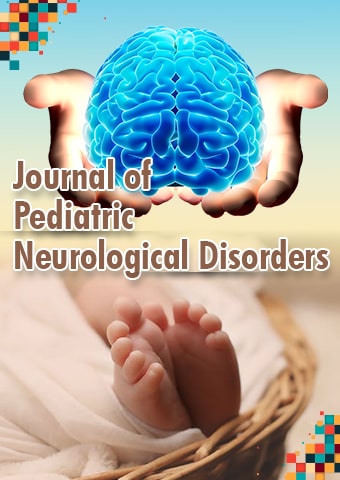Short Communication - Journal of Pediatric Neurological Disorders (2020) Volume 3, Issue 4
Pitfalls in the managements of shock in children
Said El deib
NMC Healthcare LLC, UAE
Abstract
The clinical signs and symptoms of shock in newborns and children are often more subtle compared to adults. Recurring, avoidable factors for optimal outcome include failure of health care workers to recognize shock at the time of presentation. Children are able to compensate a shock state for longer periods than adults resulting in a sudden, sometimes irreversible, cardiopulmonary collapse. Different forms of shock, their therapy, and frequent errors are depicted and illustrated with practical examples. Early recognition of shock in children is crucial for optimal outcome but is not always obvious. Clinical experience, gut feeling, and careful and repeated interpretation of the vital parameters are essential to recognize and effectively treat the various forms of shock.
Biography
Said El deib is a Pediatrician and Neonatologist whose experience in the field spans 15 years, backed by a higher education degree from royal college of pediatrics and child health in UK. In addition to master degree from Ain Shams University in Egypt one of the oldest and top ranking universities. He is pioneering an open and contextual evaluation model based on constructive responses, which has led in the creation of new methods to improve pediatric healthcare, neonatology and pediatric nutrition. He has established this model following his years of experiences in medical practice, research and evaluation, and teaching and administration in hospitals and medical universities in the reigion, including Egypt, kuwait and the UAE. He has published studies in reputable international journals in neonatology and pediatric nutrition. He has also presented his findings in prestigious international conferences and symposia.

